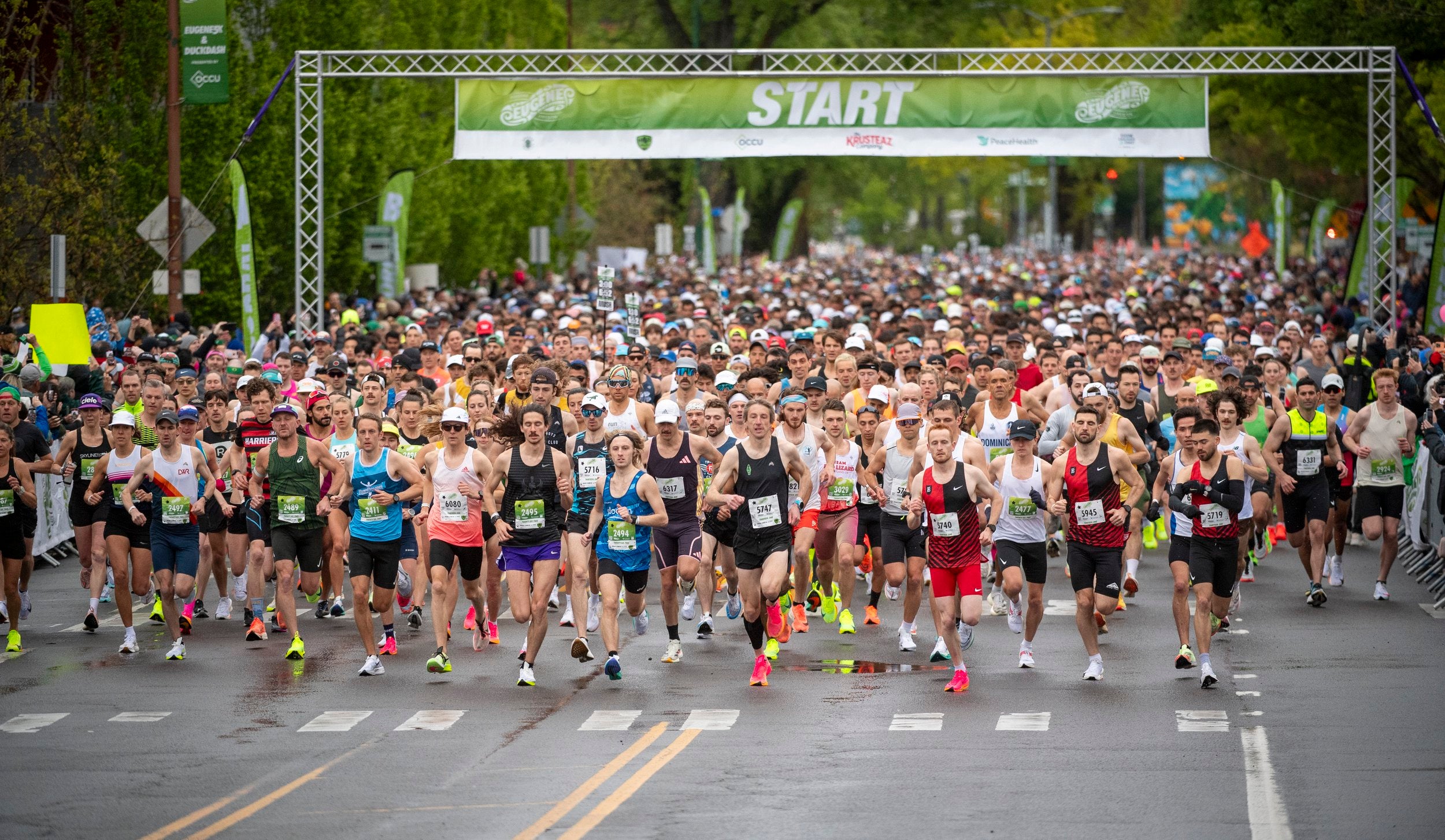
How to get ready to run a Marathon ?
Running a marathon is a significant achievement that requires a structured approach, preparation, and commitment. Here's how to get ready for the 26.2-mile (42.2 km) challenge:
1. Assess Your Fitness Level
- If you're new to running, start by building a base fitness level with shorter distances like 5Ks or 10Ks.
- Consult your doctor, especially if you have any medical concerns.
2. Set a Training Timeline
- Plan for a training period of 16–20 weeks. Beginners may need more time, while experienced runners might require less.
3. Choose a Training Plan
- Select a plan suited to your experience level (beginner, intermediate, or advanced).
- Most plans include 3–5 runs per week, consisting of:
- Long runs to build endurance.
- Easy runs for recovery and mileage.
- Speed work (e.g., intervals, tempo runs) to improve pace.
- Cross-training (cycling, swimming) to reduce impact on your joints.
4. Build Endurance with Long Runs
- Gradually increase the distance of your weekly long run (e.g., adding 1 mile per week).
- Aim to complete at least one run of 18–20 miles about 3–4 weeks before race day.
5. Incorporate Rest and Recovery
- Rest days are essential to allow your body to recover and adapt.
- Listen to your body to avoid overtraining and injuries.
6. Strength and Core Training
- Add 1–2 sessions per week to strengthen muscles, improve posture, and prevent injuries.
7. Practice Race Pace
- Include some runs at your target marathon pace to familiarize yourself with the effort level.
8. Nutrition and Hydration
- Train with the nutrition you'll use on race day (e.g., gels, chews, or sports drinks).
- Aim for 30–60 grams of carbohydrates per hour during long runs.
- Stay hydrated but avoid overdrinking.
9. Taper Before the Race
- Reduce training volume by 30–50% during the last 2–3 weeks to recover and peak on race day.
10. Mental Preparation
- Visualize the course, pacing, and finishing strong.
- Break the race into smaller segments mentally (e.g., 5K intervals) to stay motivated.
11. Get the Right Gear
- Running shoes: Choose well-fitted shoes that match your gait and provide enough cushioning.
- Clothing: Opt for moisture-wicking gear to prevent chafing.
- Test gear: Wear and test everything you'll use on race day during your training runs.
12. Simulate Race Day
- Do a few long runs at the same time of day as your marathon.
- Practice using aid stations, nutrition, and hydration strategies.
13. Plan Race-Day Logistics
- Study the course map and elevation profile.
- Prepare a checklist for race-day essentials (bib, timing chip, nutrition, etc.).
14. Rest Before the Race
- Aim for good sleep during the taper period, especially the night before the race.
- Avoid heavy workouts in the final week.
Example Week in a Marathon Training Plan
| Day | Activity |
|---|---|
| Monday | Rest or cross-train |
| Tuesday | Easy run (3–6 miles) |
| Wednesday | Speed work (e.g., intervals) |
| Thursday | Rest or easy run |
| Friday | Tempo run (4–8 miles) |
| Saturday | Rest or cross-train |
| Sunday | Long run (10–20 miles) |
With dedication, patience, and consistency, you'll be ready to tackle your marathon. Let me know if you'd like help customizing a training plan or preparing for race day! 🏃♂️🎯






